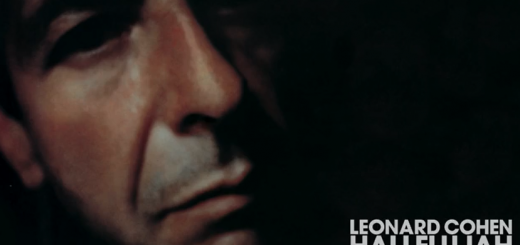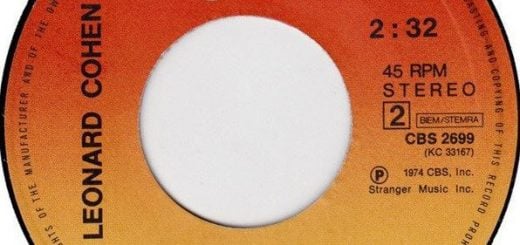Who by Fire by Leonard Cohen Lyrics Meaning – Deciphering Fate and Mortality in Song
Lyrics
Who in the sunshine, who in the night time
Who by high ordeal, who by common trial
Who in your merry merry month of may
Who by very slow decay
And who shall I say is calling?
And who in her lonely slip, who by barbiturate
Who in these realms of love, who by something blunt
Who by avalanche, who by powder
Who for his greed, who for his hunger
And who shall I say is calling?
And who by brave assent, who by accident
Who in solitude, who in this mirror
Who by his lady’s command, who by his own hand
Who in mortal chains, who in power
And who shall I say is calling?
Leonard Cohen’s hauntingly elegant ‘Who by Fire’ delves into existential territories, with verses that echo the transience of life and the enigmatic determinations of fate. Released in 1974, the song is an exploration of mortality, drawing on spiritual ritual to probe the question of how and when our final moments will arrive.
Cohen’s lyrical prowess is on full display as he weaves a tapestry of scenarios depicting the end of life while subtly interrogating the roles of destiny, choice, and circumstance. Below, we unlock the layers hidden within the verses of this profound ballad.
The Ritualistic Roots: A Yom Kippur Reflection
The backbone of ‘Who by Fire’ is Cohen’s adaptation of the Jewish prayer ‘Unetanneh Tokef’, traditionally recited during the High Holiday of Yom Kippur. It’s a solemn chant that ponders who will live and who will die in the coming year and by what means – whether by water, fire, or some other decree.
By transplanting this religious reckoning into his song, Cohen secularizes the prayer while maintaining its contemplative core. The universal themes of the prayer become more accessible, allowing listeners of all backgrounds to reflect on the randomness and inevitability of death.
Fate’s Roll Call: Exploring Randomness and Destiny
Cohen’s poetic roll call of demise—sometimes broadly universal, sometimes achingly personal—speaks to the randomness with which life can be dispersed. Every line serves as a stark reminder that our end might be as arbitrary as our existence is unique.
This sweeping inventory of life’s terminations toys with the concept of fate versus free will. By asking ‘And who shall I say is calling?’, Cohen hints at an unspecified caller, perhaps death itself, or even a higher power orchestrating these events beyond our control.
The Lingering Question of Agency in Death
In verses like ‘Who by his lady’s command, who by his own hand’, Cohen brings an individual agency into the narrative. It’s a subtle nod to the idea that while some deaths are cosmically decreed, others stem from human action and choice, adding a morally complex layer to the song.
He juxtaposes involuntary ends with those that may result from one’s own decisions, or the commands of those we love, suggesting an interplay between preordained destiny and the autonomy we possess—even in life’s final act.
Between the Memorable Lines: The Hidden Message of ‘Who by Fire’
In ‘Who by Fire’, Cohen sneaks in a transcendent hidden message: an invitation to confront our mortality without fear. In the recurrence of ‘And who shall I say is calling?’, there’s a willingness to face the caller—death—in a direct conversation rather than cowering from the inevitable.
The repetition becomes a meditative mantra, a stoic acceptance of life’s ultimate fate. Cohen has turned the mirror inward, challenging the listener not just to ponder how life might end, but how that knowledge shapes the way we live.
Embracing Mortality with Grace: Cohen’s Profound Call to the Living
Leonard Cohen’s brilliance lies not just in his poetic flair but in his ability to instill a serene acceptance of life’s harsh realities—as epitomized by ‘Who by Fire’. He presents mortality not as a bleak finale but as an integral part of the human experience, worthy of reflection and even celebration.
The song becomes a lyrical embodiment of Cohen’s view that awareness of death is a catalyst for a more meaningful life; a reminder to cherish each moment under the sun or in the lonely slip of night. It is, ultimately, a call to the living to acknowledge the fire by which we may go, and in doing so, to ignite our most fervent passion for life.








